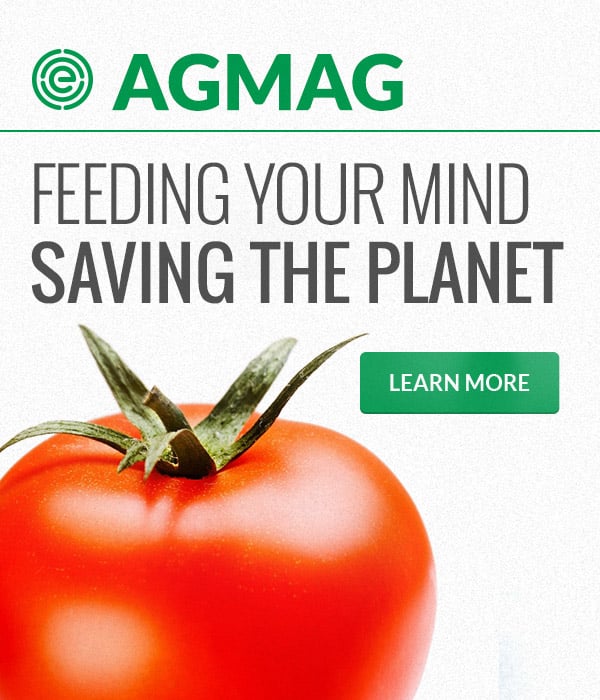Total Commodity Programs in Columbus County, North Carolina, 1995-2021
Subsidy Recipients 21 to 40 of 5,745
Recipients of Total Commodity Programs from farms in Columbus County, North Carolina totaled $107,511,000 in from 1995-2021.
| Rank | Recipient (* ownership information available) |
Location | Total Commodity Programs 1995-2021 |
|---|---|---|---|
| 21 | Melvin T Ray Jr | Whiteville, NC 28472 | $753,856 |
| 22 | Clarkton Cotton Co | Clarkton, NC 28433 | $749,292 |
| 23 | Malcolm Bullock | Chadbourn, NC 28431 | $734,345 |
| 24 | Freedman Farms Inc | Clarkton, NC 28433 | $727,235 |
| 25 | Jerry Deams Godwin | Clarendon, NC 28432 | $723,221 |
| 26 | Teddy Barnhill | Evergreen, NC 28438 | $683,076 |
| 27 | Double R Farms | Whiteville, NC 28472 | $678,238 |
| 28 | Hardwick & Sons | Nakina, NC 28455 | $671,350 |
| 29 | William Nelson Applewhite | Delco, NC 28436 | $666,535 |
| 30 | Swinging Tail Cattle Co Inc | Evergreen, NC 28438 | $647,587 |
| 31 | O C Jenkins Jr | Cerro Gordo, NC 28430 | $632,201 |
| 32 | Kyle Cox | Tabor City, NC 28463 | $629,417 |
| 33 | Shannon Joe Ward | Clarkton, NC 28433 | $615,270 |
| 34 | Shan Spivey | Clarendon, NC 28432 | $605,544 |
| 35 | Henry D Jenkins | Cerro Gordo, NC 28430 | $604,002 |
| 36 | Monroe Enzor Jr | Cerro Gordo, NC 28430 | $586,799 |
| 37 | Powell & Sons | Tabor City, NC 28463 | $564,617 |
| 38 | Donald E Turbeville | Cerro Gordo, NC 28430 | $544,586 |
| 39 | Eugene Mckeithan | Nakina, NC 28455 | $534,602 |
| 40 | Wayne Davis | Chadbourn, NC 28431 | $519,758 |
* USDA data are not "transparent" for many payments made to recipients through most cooperatives. Recipients of payments made through most cooperatives, and the amounts, have not been made public. To see ownership information, click on the name, then click on the link that is titled Ownership Information.
** EWG has identified this recipient as a bank or lending institution that received the payment because the payment applicant had a loan requiring any subsidy payments go to the lender first. In 2019, the information provided to EWG by USDA began to include the entity that received the payment, rather than the person or entity that applied for it, which was previously provided. This move to shield subsidy recipients from disclosure enables USDA to further evade taxpayer accountability. Six percent of subsidy dollars went to banks, lending institutions, or the Farm Service Agency.”




 Federal crop insurance reform vital for incentivizing climate adaptation on farms
Federal crop insurance reform vital for incentivizing climate adaptation on farms
 Farm Subsidies Ballooned Under Trump
Farm Subsidies Ballooned Under Trump
 Is Federal Crop Insurance Policy Leading to Another Dust Bowl?
Is Federal Crop Insurance Policy Leading to Another Dust Bowl?
 Double Dipping:
Double Dipping: The "Farm Crisis" Myth
The "Farm Crisis" Myth
 Crying Wolf
Crying Wolf